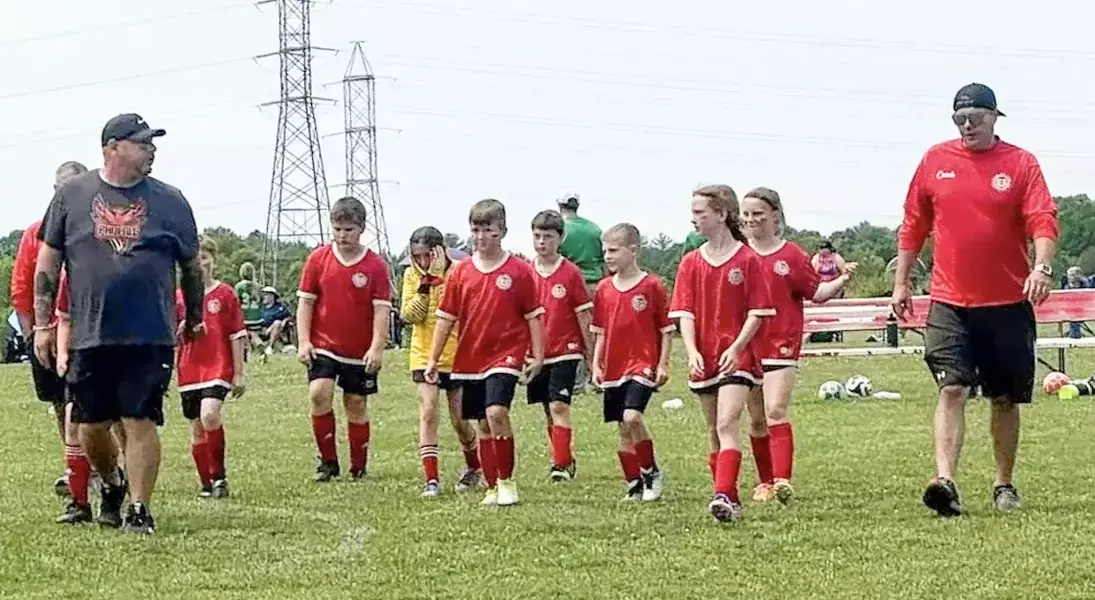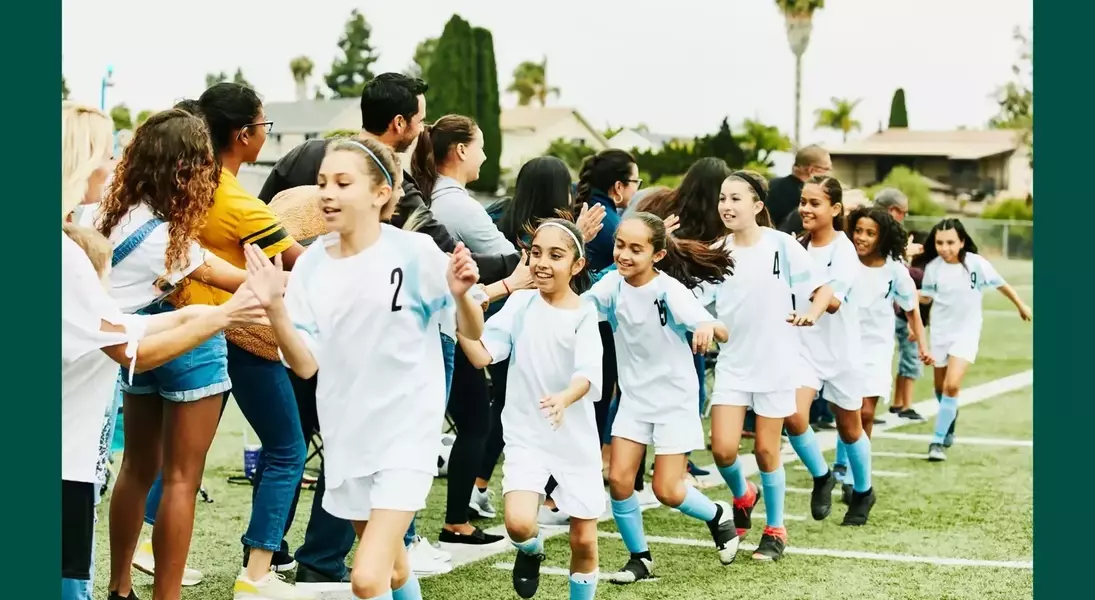



Youth sports, while sometimes demanding, present a unique opportunity for children's growth. This guide offers parents five essential principles to ensure their kids have a positive and enriching experience. It focuses on shifting the parental perspective from a win-at-all-costs mentality to one that prioritizes enjoyment, learning, and resilience, ultimately fostering a love for the game that extends beyond immediate results.
Guiding Principles for Engaging in Youth Athletics
In the vibrant world of youth sports, the journey begins each autumn as fields awaken with the presence of eager young athletes. Parents find themselves dedicating weekends to cheering from the sidelines and weekdays to a demanding schedule of school, practice, and hurried meals. This article offers invaluable insights for those navigating the exciting yet challenging terrain of children's sports.
Firstly, it's crucial to remember that these are children engaging in a game. Despite the increasing financial investment in youth sports, epitomized by a viral meme from the summer of 2025 highlighting the high costs, the primary motivation for kids is simply to have fun. Keeping this joy at the forefront of our minds helps alleviate undue pressure on everyone involved.
Secondly, winning is not the ultimate measure of enjoyment in sports for young participants. Research from the American Academy of Pediatrics reveals that a significant number of children, around 70%, discontinue sports by age 13, often due to burnout, injuries, or a lack of fun. Dr. Amanda Visek, a distinguished professor at George Washington University, through her 2015 'Fun Integration Theory' study on soccer players (and subsequent studies on other sports), discovered that winning rarely ranks high among factors children consider fun. Instead, companionship with friends, healthy competition, skill acquisition, personal improvement, and unwavering support from parents and coaches—even during mistakes—are paramount.
Thirdly, embracing failure is a vital component of the learning process. Losing or making errors, when approached constructively, can serve as powerful educational experiences. Bobby Muuss, a highly successful Division I soccer coach, emphasized in the 'Healthy Sports Parents' podcast that intrinsically motivated athletes, rather than those driven by parental expectations, tend to sustain their involvement in sports. Allowing children to encounter difficulties and learn to overcome setbacks builds crucial resilience. Youth sports offer a relatively safe environment for these lessons, as the long-term impact of game outcomes is minimal. Supportive parents and coaches who create a secure space for trying and failing are key to children's sustained engagement.
Fourthly, a child needs a parent, not another coach, on the sidelines. A viral video from Coach Arielle Houlihan vividly illustrated how a parent's constant critique from the stands can undermine a child's performance and confidence. Parents' primary role is to offer encouragement, be a comforting presence, and assure their children of unconditional love, irrespective of their athletic performance. Stepping back from coaching duties allows children to focus on their official coaches' instructions and navigate the emotional highs and lows of competition.
Finally, what you choose to celebrate shapes your child's values. A Division II athlete's father shared a profound realization: he only posted about wins and stellar performances. This led him to adopt a new tradition: treating his daughter to ice cream even after a poor game or a loss. This simple act communicates that a child's worth is not tied to performance but is inherent. By celebrating effort, perseverance, and participation, even in defeat, parents reinforce values beyond mere victory. An example of this was a youth soccer coach whose team, after a heartbreaking loss, tearfully clapped for their supporters, an act that celebrated gratitude and effort, inspiring all players to return the following season. Your intentional celebrations demonstrate what truly matters.
Reflections on Nurturing Young Athletes
This comprehensive perspective on youth sports offers profound lessons for parents. It serves as a potent reminder that our role transcends mere spectatorship; we are architects of our children's sporting experience. The core message resonates deeply: foster enjoyment, embrace challenges as learning opportunities, offer unwavering support, and celebrate effort over outcome. By adopting these principles, we empower our children to develop not just as athletes, but as resilient, confident, and intrinsically motivated individuals, equipped with life skills that extend far beyond the playing field. Ultimately, being a 'healthy sports parent' means prioritizing a child's well-being and love for the game above all else, ensuring that sports remain a source of joy and growth, not pressure and disappointment.
